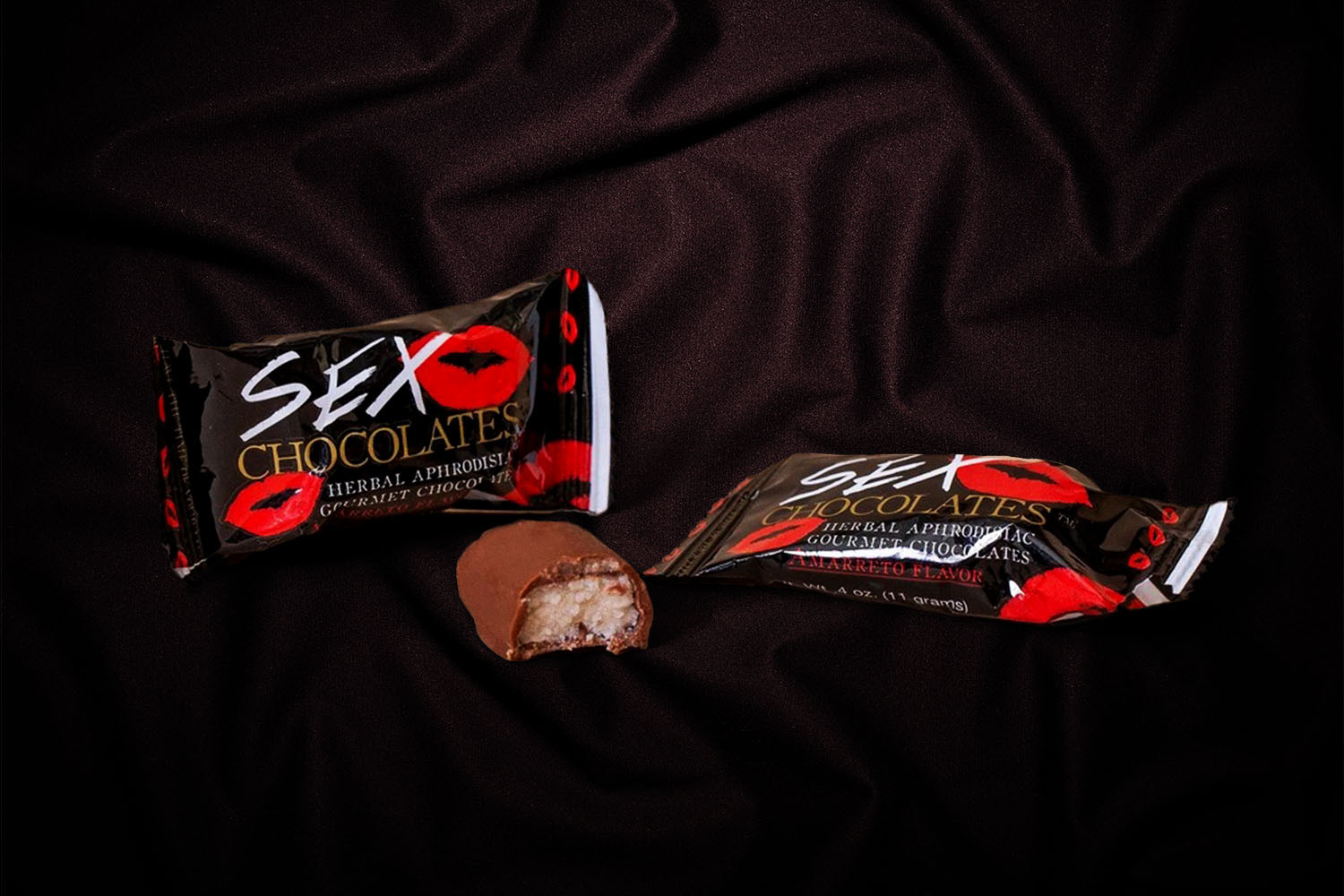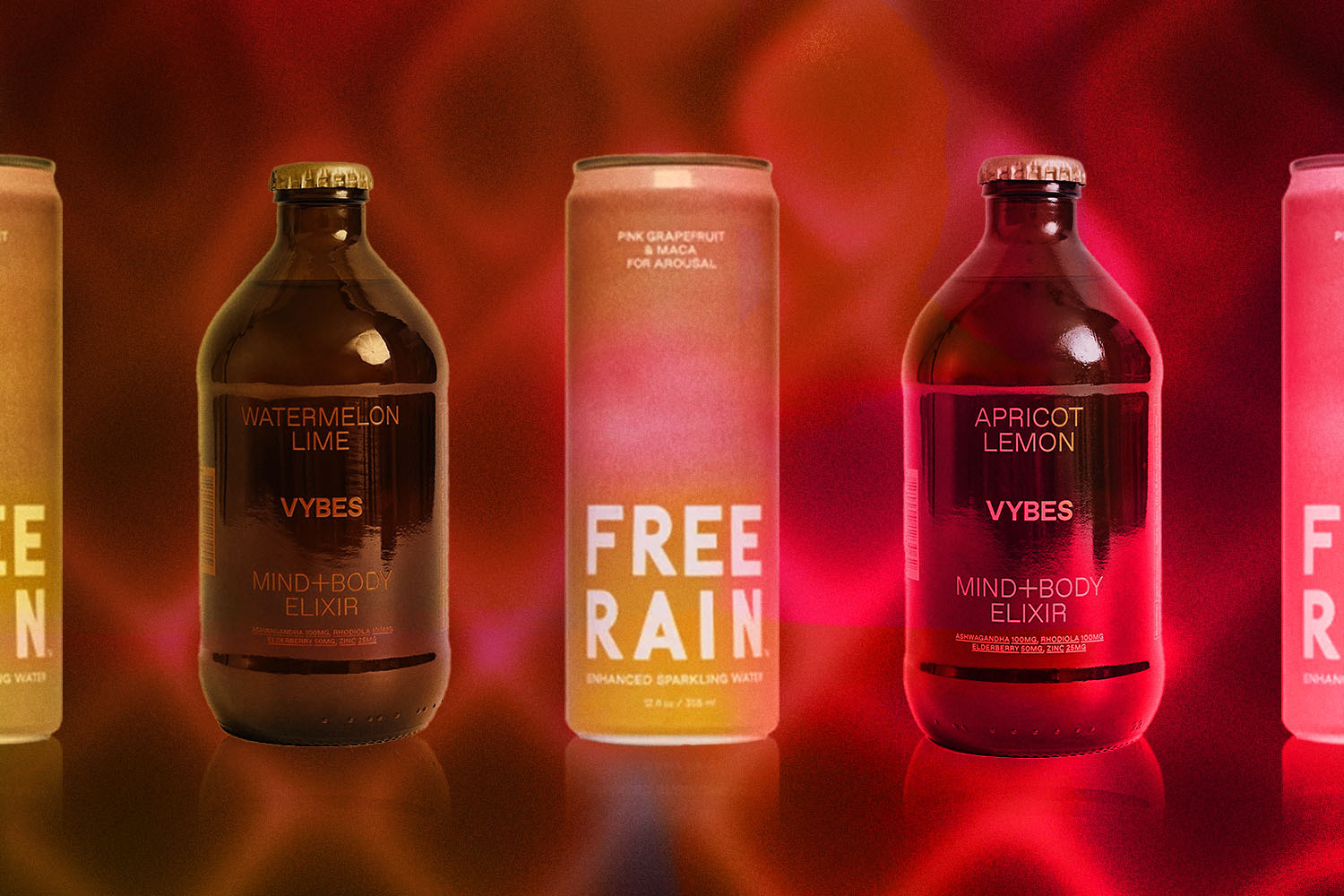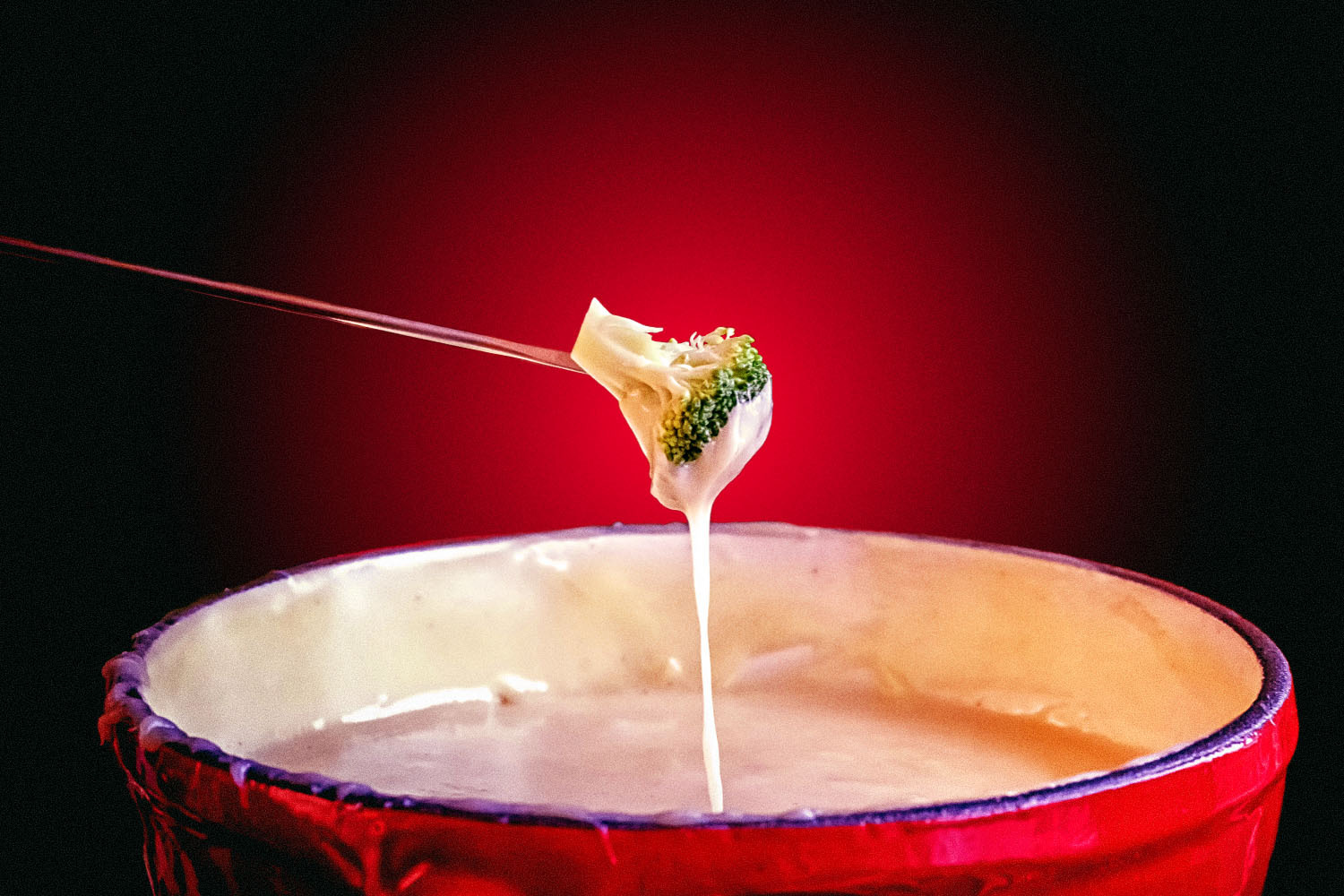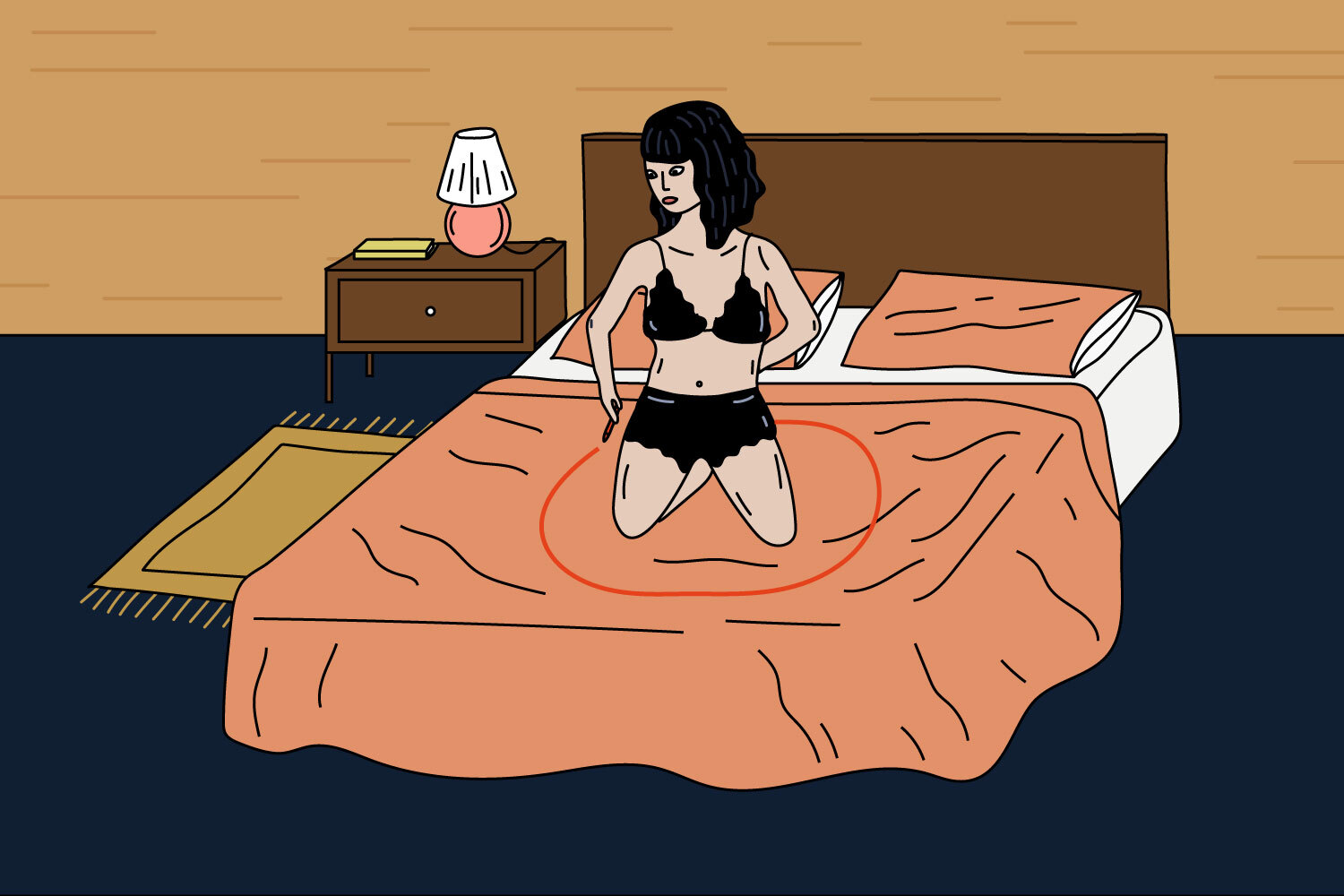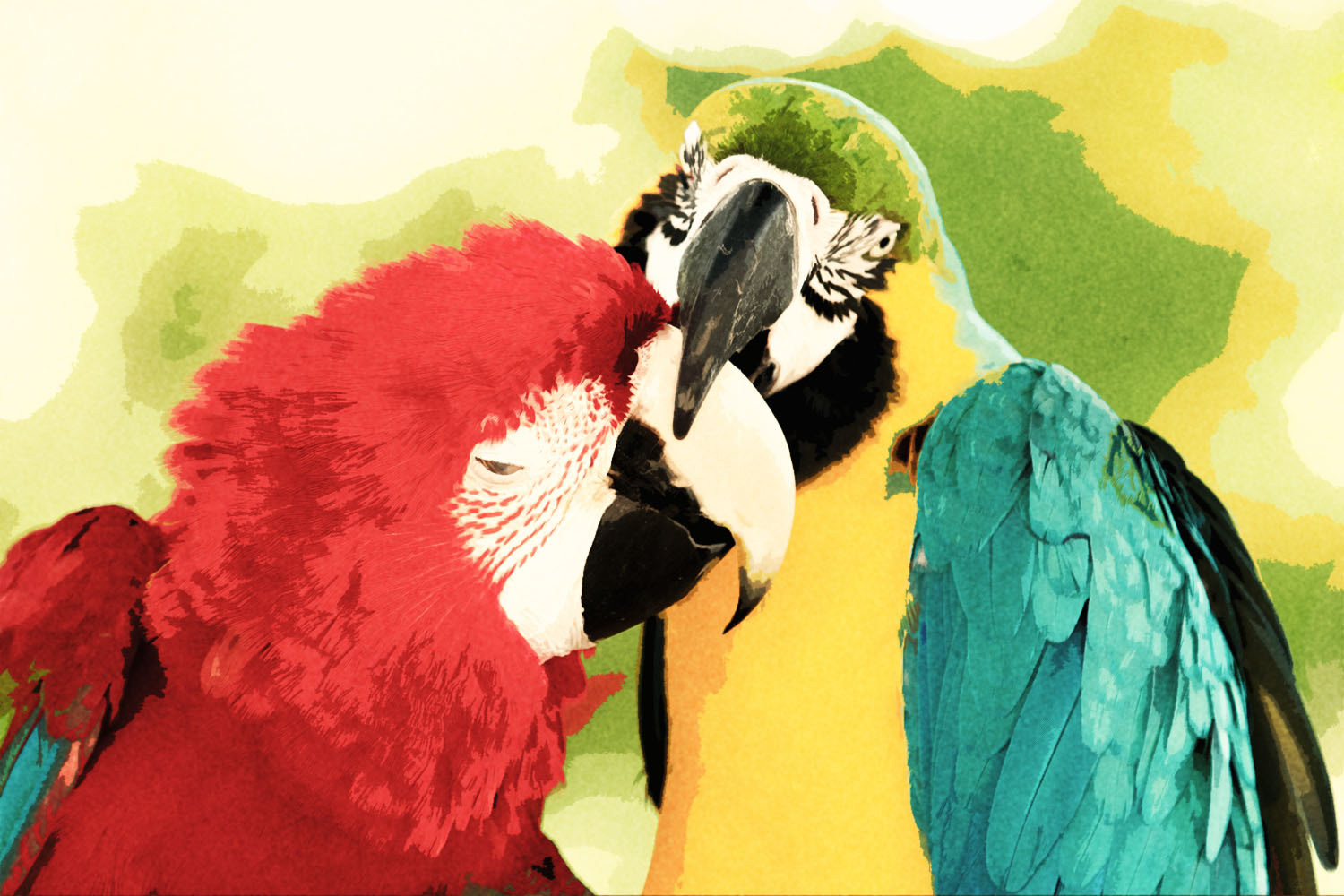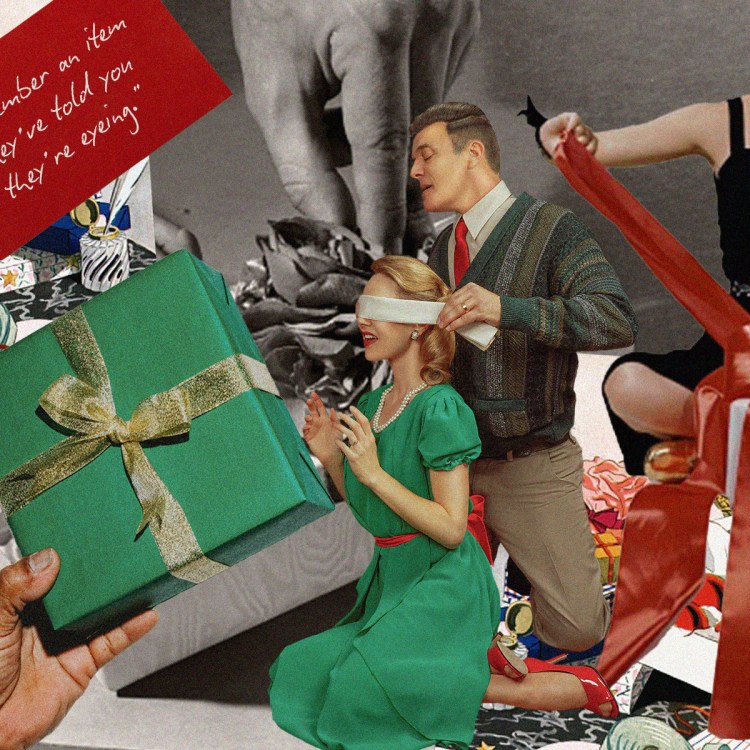The internet is home to no shortage of lists of aphrodisiacs, foods and substances that supposedly jumpstart sexual desire. Trying to suss out the “magic potion” for libido enhancement has been a cultural pastime for thousands of years. Think: dark chocolate, champagne, oysters, pistachios and Saffron, to name a few.
Unfortunately, this quest is rather fruitless. Desire isn’t something that can be produced through magic substances, and claims that you can eat or drink your way to instant horniness are highly suspect. “The search for sexually enhancing substances has enjoyed great human effort spanning history, yet the consensus is that no substance specifically fitting the [bill] exists,” says Jordan Dixon, a clinical sex and relationships psychotherapist.
Conceptually, however, the idea of aphrodisiacs can serve a purpose: Namely, to help you explore and distill specific sexual activators that work for you.
Enter a different take on the term: Emotional aphrodisiacs (EAs). Emotional aphrodisiacs are specific emotional states that trigger desire and arousal, often subconsciously.
Human sexuality is complex and unique to each of us. Desire and arousal are born from an interwoven mix of biological, social and psychological factors. Understanding the factors that are specific to you and your sexuality is a big step on the journey to sexual self-discovery, one that has nothing to do with dark chocolate or champagne.
Sure, understanding the unique inner workings of your mind and emotions takes more work (and is less delicious) than popping an oyster in your gob, but that’s because it isn’t snake oil. Rest assured, it’s work worth doing, because the more you know about yourself, the better your sex life will be.
Emotional aphrodisiacs vs. pop-culture aphrodisiacs: What’s the difference?
The biggest difference between an emotional aphrodisiac and a pop-culture substance-based aphrodisiac is that EAs are legit. There isn’t a ton of rigorous data behind EAs, but if you look at states of desire and arousal, you can see that we genuinely do require certain states of emotion in order to spark desire.
“For something to be sexually appealing to us, it must have some sort of psychological relevance to us individually,” explains Sarah Melancon, Ph.D, a sociologist, clinical sexologist and resident expert at The Sex Toy Collective. “There’s a common saying that ‘sex begins in the mind,’ but I would rather say sex begins in our emotions.” Arousal and desire don’t just come out of nowhere. Something needs to get the engine going on a more personal, emotional level.
The main EA states include: anger, security/satisfaction, anxiety, exuberance and guilt. This list is by no means exhaustive. The way EAs work with different people will vary widely. Melancon adds that it isn’t specific sexual acts, or situations in an objective sense, but rather how these acts and situations make us feel on an emotional level that create desire.
Why knowing your EAs is helpful for better sex
Most of us expect horniness to manifest without provocation, like hunger or tiredness, but this isn’t really how desire works. Exploring your EAs can help you to better understand what turns you on and what you need to feel sexually excited, information that can lead to better sex.
Lucy Rowett, a certified sex coach and clinical sexologist, says knowing and understanding your EAs is vital for communication and intimacy with your partner(s) in order to have the most satisfying sex possible. Knowing your EAs “validates your emotional needs when it comes to sex and intimacy,” she says. It’s about “getting to know your unique blueprint for what turns you on and makes you sexually happy.”
To figure out what your emotional aphrodisaics might be, think about how you’d answer these questions: What am I usually feeling before I feel horny? Are there any common lines or thoughts or behaviors that make me particularly aroused? Other than horniess, what other emotions are present for me?
When darker emotions are a part of your EA state
If you happen to be someone who finds that it’s guilt, shame, fear, anger etc. that gets you raring to go, don’t fret. Dixon says emotional states that seem negative are not static states. They flow from a complex weave of our experiences and current circumstances. What gets the erotic fires going isn’t always the warm and fuzzy stuff, and that’s ok.
“Emotions such as guilt, anger [and] anxiety can add dynamism and drama to our turn-ons,” she says. It’s possible to “galvanize them towards creating more peak [sexual] experiences.” The more we are able to identify our personal EA states, the more comfort we’ll have in accepting the full spectrum of emotions associated with great sex.
If negative emotional states are foundational to your desire, Melancon suggests taking time to explore the “why,” because knowing the “why” is crucial when cultivating self-compassion, a key factor in the reduction of sexual shame and increased pleasure. “If we have a negative association, for instance, if anger towards our partner fuels our desire for sex, we can look more closely at our behaviors to see if we are having sex that is beneficial for us emotionally or causing harm (for example, increasing anxiety),” she adds.
Human sexality is a clusterfuck of complications. And it’s all about the journey, not self-judgment.
How to share your emotional aphrodisiacs with your partner
So you’ve taken some time for careful self reflection and figured out what your emotional aphrodisiacs are, congrats. Now what are you supposed to do with them? Communicate with your partner (if you have one) in order to better have your needs met.
Emotions and sex are inextricably linked, no matter how serious or casual the encounter. “Exploring the emotional side of sex may help demystify what’s missing [in your sex life], and may help [some]one engage with their desires with less shame,” says Melancon.
Here are the top tips for having these delicate conversations. Sex is vulnerable, but in order to have great sex, we need to be willing to step into that vulnerability.
Stay positive
Instead of focusing on what isn’t going well with your sex life (if anything), Melancon says to “talk about improving what’s already great versus fixing what’s wrong. This will help your partner be more open and less defensive.”
Have the conversation(s) in a neutral place
Having conversations about sex when you’re naked is never a great idea, as it can spark a lot of anxiety. Instead, Rowett says to invite your partner to the conversation while in a neutral place, such as on the couch while relaxing or during a screen-free dinner. Make sure the conversation takes place in a quiet, private place.
Think of this as exploration, not instruction
The tone of the conversation is really important here, says Melancon. These conversations should be more about exploring what each of you needs emotionally to feel sexy, rather than dolling out a bunch of guidelines. For example, if feeling loved and cared for is your thing, she suggests opening with something like: “I wonder if we started snuggling on the couch after work, if that might help me feel really loved, and make me more interested in sex later in the evening.”
Don’t put too much pressure on it
This doesn’t need to be some incredibly complex, in-depth and long conversation, Rowett says. This conversation is an opportunity to be curious. There’s no need to overload yourself with worry. It’s simply another step in gaining sexual wisdom.
Discovering who we are as sexual beings is a never-ending process, and the more we uncover, the better sex becomes. EAs are a part of this because, as Melancon says, “emotional aphrodisiacs can take your sexual relationship to the next level, deepening your sense of intimacy and connection” — with your partners, but also with yourself.
Whether you’re looking to get into shape, or just get out of a funk, The Charge has got you covered. Sign up for our new wellness newsletter today.

